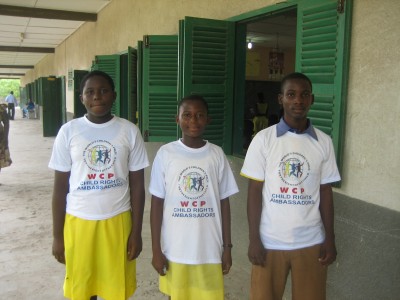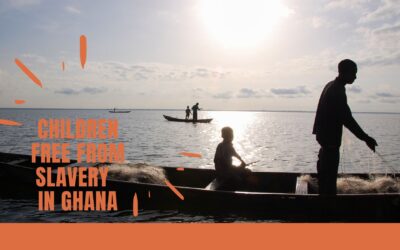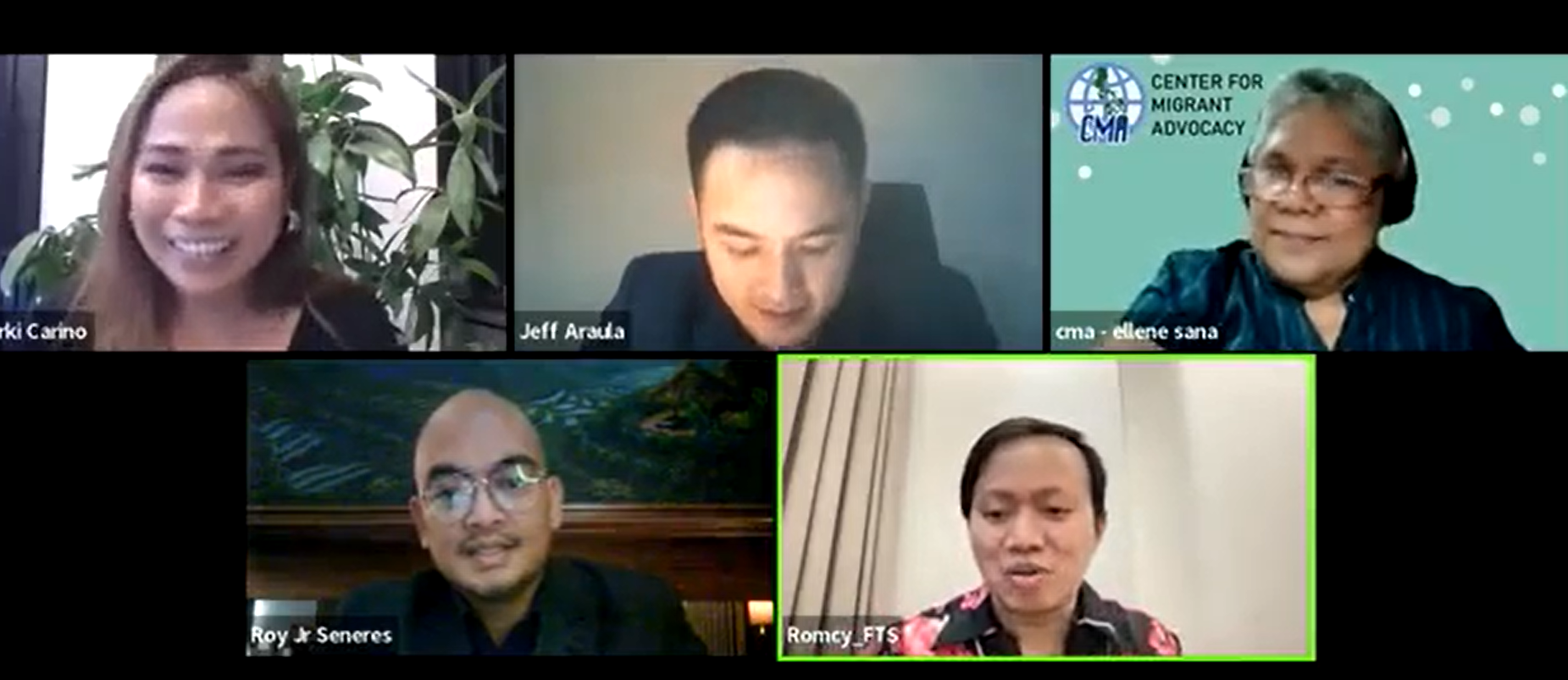Many children in informal mining communities in Ghana are forced to work in mines under dangerous conditions: carrying heavy loads and handling mercury to extract gold from ore. Young girls who go to these mining communities to sell food and water are often sexually exploited during the night.
FTS is working with adults in these communities to build awareness about ways to protect their children from slavery, violence and sexual exploitation. But how can kids protect themselves?
FTS partnered with Participatory Development Associates (PDA) to launch child rights clubs in 12 schools in 10 mining communities around Obuasi. In these child-led in-school organizations, kids learn about their rights, the risks and dangers around their communities, and who they can contact if they or their peers ever need help.
As part of the clubs’ inauguration, PDA brought in experts to give a workshop for students and teachers. During the training, the participants made posters and fliers that promote child rights. They also went to their local government district assembly office to discuss the importance of registering all children with birth certificates, and how this action makes children them less vulnerable to slavery and exploitation.
During the launch process, teachers selected student child rights ambassadors to lead the clubs within their schools and encourage their peers to join. Since then, the clubs have been meeting once a week. There are currently 522 members, and they’re creating a ripple effect. They are all making an impact: increasing children’s knowledge of their rights and how can they be protected.
PDA staff asked children in a follow up visit to one school: “What basic rights are children entitled to?” Students responded enthusiastically with answers such as: “Right to Shelter!” and “Right to Education!”
The head teacher of Nana Ponko Junior High School in Kunka said that his students won an essay competition initiated by the Department of Social Welfare and the Ghana Education Service to mark this year’s World Day Against Child Labor celebrations. He attributed the win to the knowledge gained through PDA’s trainings and through the clubs.
Inspired by what she learned through the clubs, a head teacher in Tutuka made child slavery and child rights an agenda item for PTA meetings so that parents can have another avenue for learning about these issues.
FTS and PDA will continue to train and support the clubs as they develop into important community structures for children to learn, share, and take action to protect themselves and others from slavery and abuse.
Editor’s Note: To learn more about FTS activities in Ghana, visit our Ghana webpage.



